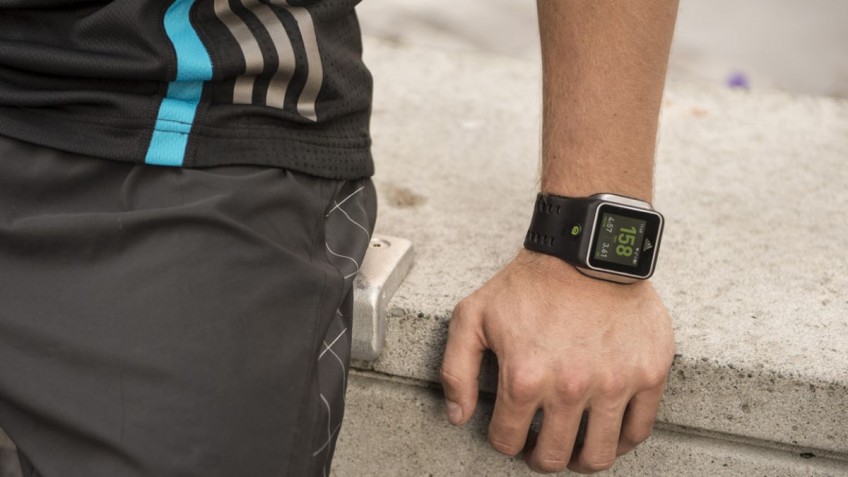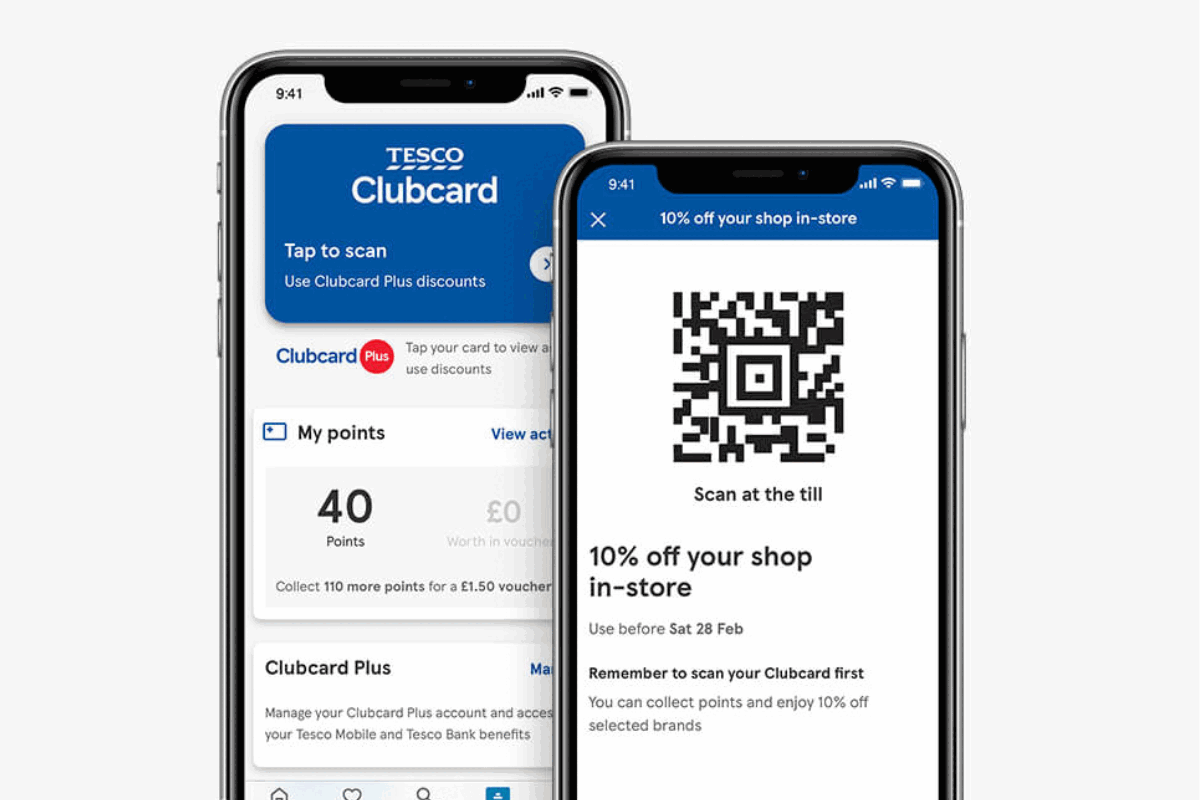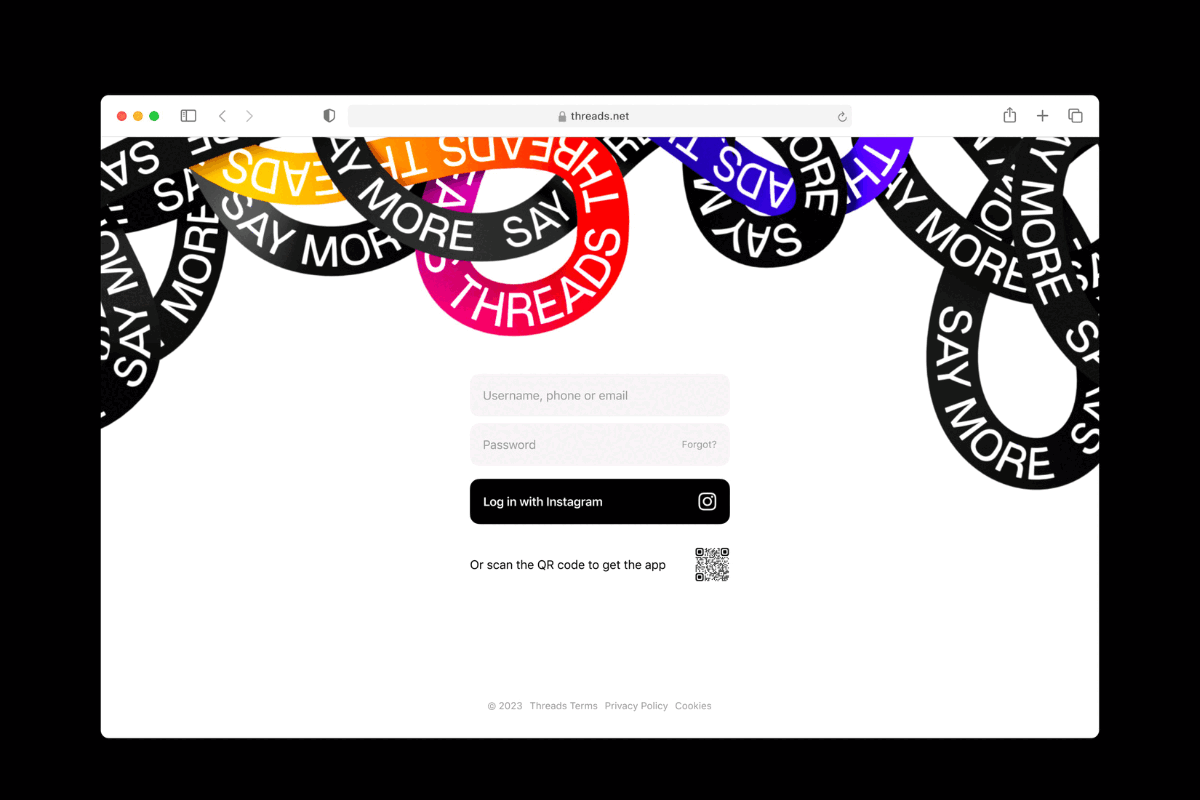Adidas abandons its own wearable ambitions to focus on software
- Tuesday, December 19th, 2017
- Share this article:
 Sports brand Adidas has closed down its wearable hardware unit, electing instead to focus on producing sports and fitness software under both its Adidas brand and as Runtastic, the fitness tracking startup it acquired in 2015.
Sports brand Adidas has closed down its wearable hardware unit, electing instead to focus on producing sports and fitness software under both its Adidas brand and as Runtastic, the fitness tracking startup it acquired in 2015.
Despite its strong brand, Adidas had struggled to find market traction for its products, including a fitness smartwatch called the miCoach Smart Run and the miCoach Fit Smart tracker. Like both Nike and Microsoft, the firm will now abandon wearable production and instead focus on software platforms for athletes and fitness enthusiasts.
The change was hinted at last year when Stacey Burr, vice president of wearable sports electronics at Adidas said that consumers were “not going to see a new running watch from Adidas for a while”.
Rumours from earlier this year of a fitness tracker called the Chameleon never materialised, and Adidas sole remaining wearable hardware project seems to be a branded edition of Fitbits Ionic smartwatch. However, even here, Adidas input seems to be rather minimal.
“To further drive our digital transformation and win the consumer in this dynamic business environment, weve redefined our strategic approach toward digital, sharpening our focus on digital experiences,” said an Adidas spokesperson in a statement on the change.
“We will consolidate running a stand-alone digital sports organisation and consolitate the Adidas app eco-system, focusing our efforts on two powerful brand platforms: Runtastic and the Adidas app. We are integrating digital across all areas of our business and will continue to grow our digital expertise in a more integrated way.”
The sportswear brand recently launched a new edition of its mCommerce app, which provides consumers with easy access to the Adidas online store, as well as blog posts, personalised articles, videos and real-time updates about sports, athletes and products. The company has plans to increase sales through its own eCommerce platforms to €4bn (£3.54bn) by 2020, compared with €1bn in 2016.
















